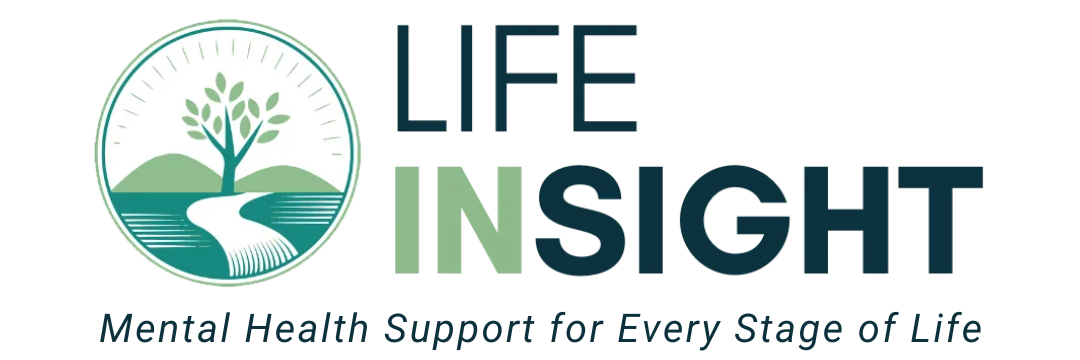Psychotherapy Services –
Find the Best Therapy for You
At Life InSight, we offer expert individual therapy, family therapy, and group therapy—available in person or online. Whether you're struggling with anxiety, trauma, OCD, or parenting challenges, our therapists provide effective, science-backed treatments to help you or your child make real progress.
We also provide comprehensive neuropsychological and learning assessments to better understand the nature of you or your loved one’s challenges. Our evaluations can be used to provide detailed steps and recommendations to improve your emotional functioning or help you succeed in school and work. In fact, our team of clinical and school psychologists work together to ensure your needs are met.
Get Personalized Mental
Health Support Today
We specialize in top-rated
Cognitive Behavioral Therapy (CBT), Trauma Therapy (TF-CBT), Exposure Therapy, Anxiety Treatment, and more. Our goal is simple:
help you feel better, faster.
Find the Best Therapy for You –
Start Today!
- Online & in-person therapy sessions available
- Expert therapists specializing in anxiety, trauma, OCD, parenting & more
- Fast, easy scheduling!
Book a consultation now or call us at (201) 297-9170 to get started!
FAQs
Do you accept insurance or offer a sliding scale?
While Life InSight remains an out-of-network private group practice, we provide a superbill that clients can submit to their insurance for potential reimbursement. We also offer a sliding scale based on individual needs to make care more accessible.
What services do you offer?
We provide individual and family therapy, diagnostic evaluations, and evidence-based group programs. Our psychotherapy services are tailored to meet the unique needs of each client.
What types of concerns do you specialize in treating?
We treat a wide range of mental health concerns, including anxiety, depression, trauma, OCD, ADHD, mood disorders, and more—offering personalized treatment plans for each client.
Do you offer in-person or online therapy sessions?
Yes! We provide both in-person and HIPAA-compliant online therapy to accommodate your preferences and schedule.
How long does a therapy session last?
Most sessions last 45 minutes, but 30- and 60-minute options are also available depending on your needs and therapist recommendations.


